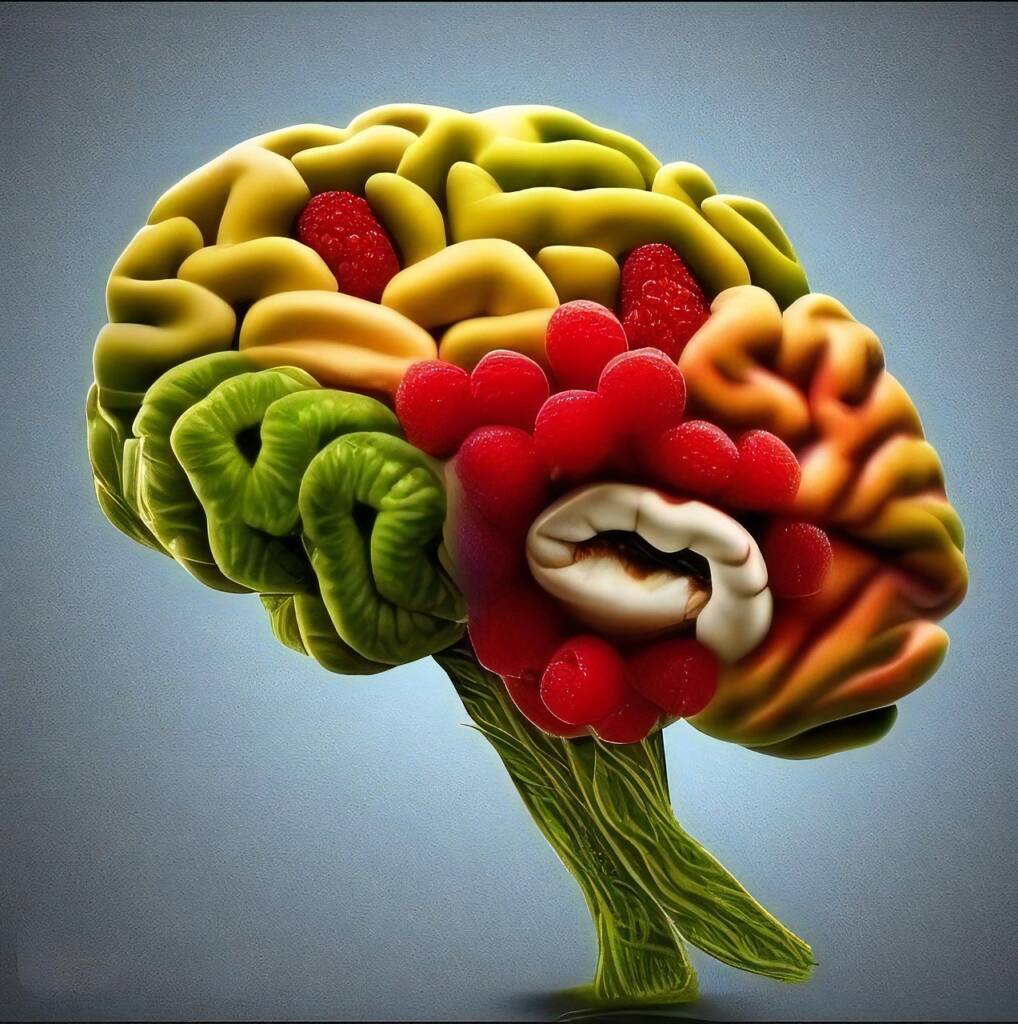All about Brain Health:
Brain health refers to the overall well-being and optimal functioning of the brain. It encompasses various factors that contribute to the maintenance and enhancement of cognitive abilities, emotional wellbeing and overall mental health. Maintaining good brain health is crucial for a person’s ability to think, learn, concentrate and make decisions effectively. Let’s begin with brain related issues.
- Alzheimer’s
- Difficulty in focus and concentration
- Slow reflexes
- Poor coordination
- Poor memory
- Not able to complete complex tasks
- Overall cognitive decline
6 ways to boost brain health:
With Brain, Liver and gall bladder health is also crucial, to know more on, read this article, https://sparklinglifestyle.in/liver-and-gallbladder-health/
- Social interactions; – It has a neuroprotective effect and reducing likelihood of cognitive impairment. For example, visit friends/ family, volunteer at an NGO, join a club group, meet people whom you love.
- Exercise and be active; – Exercises reduce risk of depression, improve cardiovascular health, boost memory and concentration. For example, work yoga dance or any moment you like and weight training.
- Following religion or spirituality; – For example, meditate and find time to connect with higher self or the energy you believe in.
- Learn a new skill; – It improves neuroplasticity, which means ability of neural networks in the brain to change through growth and recognition. In addition, by learning a new skill, mind gets expanded. For example, learn a new language- it improves focus, functional connectivity between brain regions and short- term and long- term memory.
- Pursue hobbies; – They reduce memory loss, challenges the brain, provide opportunity to express yourself. For example, singing, dancing, painting and sports.
- Solve puzzles and play cards; – Repetitive tasks keep you in comfort zone but challenging tasks have social and neuroplasticity benefits.
What to eat and avoid boosting brain health:
Foods for brain health; –

- Antioxidants rich foods; – As adult, brain virtually stops replacing dead or dying neurons. Therefore, these foods prevent oxidative damage to brain cells. For example, berries, banana, orange, avocado, spinach, broccoli, capsicum, nuts and seeds, grapes and green tea.
- Omega-3 rich foods; – These foods increase learning, memory, cognitive wellbeing and blood flow in the brain. For example, flax seeds, walnuts, chia seeds salmon fish.
- Flavonoids; – These are phytonutrients, can block beta amyloid plaque buildup in the brain, which a trademark of Alzheimer’s disease, may also help reduce severity of age-related cognitive declines and enhance brain blood flow. For example, dark chocolates, cocoa powder, berries, green and black tea, whole grains, olives, onions, citrus fruits, kale and red cabbage.
Avoid processed sugar and packaged foods:
Process foods often lack essential nutrients that are important for brain function. Many processed foods such as sugary snacks and beverages can lead to rapid spikes and crashes in the blood sugar levels. These fluctuations can negatively impact cognitive functions and mood, contributing to issues like brain fog and difficulty concentrating.
Processed foods often contain unhealthy trans fats, which can promote inflammation in the body, including the brain. Chronic inflammation has been linked to an increased risk of cognitive decline and neurodegenerative diseases.
Packaged foods frequently contain artificial additives preservatives and flavor enhancers. Some of these substances may have adverse effects on brain health and overall wellbeing.
Processed foods are generally low in dietary fiber, which is essential for a healthy gut microbiome. A healthy gut is increasingly recognized as being linked to brain health and cognitive function.
Top 8 foods for brain health:
- Berries; – They are rich source of antioxidants, including resveratrol and polyphenols, which serve as protective factors against stress. They also improve brain functioning by increasing the production of brain derived neurotrophic factor (BDNF), which is a key molecule involved in plastic changes related to learning and memory.
- Leafy greens; – They are excellent sources of folate9 vitamin B9) and phytonutrients, which help to support serotonin production. For example, spinach, kale, celery, coriander, mint, cabbages, cauliflower and broccoli.
- Avocado; – A great source of magnesium, which helps to support relaxation in the body and a healthy nervous system.
- Dark chocolates; – They contain phytonutrients, that increase blood flow to the brain and the production of BDNF.
- Yogurt; – fermented foods such as yogurt containing live active cultures can improve the quality and diversity of bacteria in the gut, helping produce neurotransmitters related to mood such as GABA. GABA is known for producing a calming effect.
- Carrots; – Carrots contain a powerful antioxidant known as beta carotene. Higher levels of these antioxidants have been linked to improved mood.
- Salmon fish; – Wild Salman is rich in Omega 3 fatty acids, which support mood and brain health through their anti-inflammatory property. In addition, it is also rich in vitamin D, which supports serotonin production.
- Green tea or matcha tea; – It is rich in antioxidants, reduces risk of cognitive decline, helps fight inflammation and promotes anti-ageing.
Conclusion:
In conclusion, remember that individual factors genetics and lifestyle choices can influence brain health differently for each person. It is essential to adopt a holistic approach to overall health, as what is good for the body is generally good for the brain as well.
In summary, if you have concerns about your brain health or are experiencing cognitive difficulties, it is crucial to seek advice from a neurologist. Early detection can be vital for managing and treating certain neurological conditions. To know more brain health, read my latest book, the magical ways for sparkling lifestyle. To know more on overall wellness, follow my Instagram page.



Leave a Comment